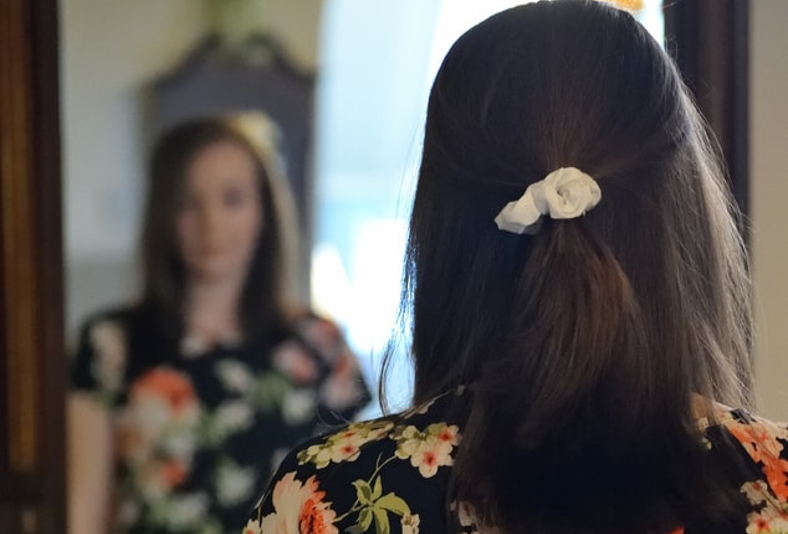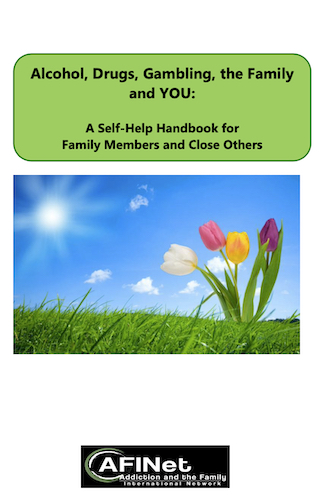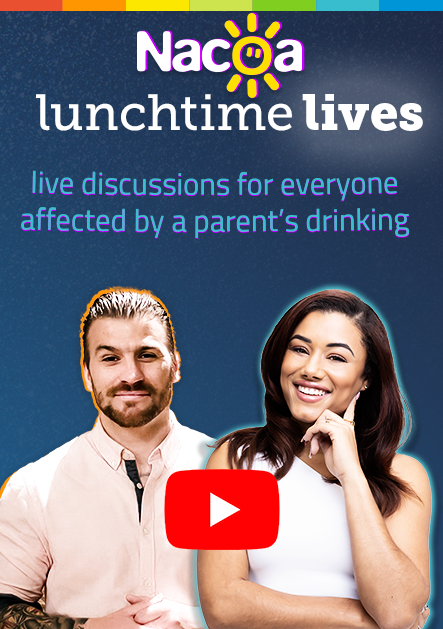
When you become the parent

I’m going to start my story with the end. My dad died from liver failure because of alcoholism at the age of 52 just before my 18th birthday. I hadn’t seen him for around 2 years before that. I didn’t go to the funeral. In truth, the last ‘real’ contact I had with him was Christmas day 2011 just after my 13th birthday when my mum found out that he had been having an affair and that he’d started to drink again, something which the doctors said would kill him if he continued to do so.
Mum had tried to help him so much with his drink problem when I was younger. We all did. We got him on the liver transplant list, my Nanny offered to pay for rehab and we helped him attend doctors and hospital appointments. But he didn’t want it. It was his choice to continue drinking and that’s what I am starting to realise now.
He couldn’t stay sober and I knew that. It was only a matter of time before he started hiding vodka bottles around the house again and falling asleep on the sofa every night. He would act bizarrely and forget the simplest things. I found his behaviour embarrassing and didn’t want my friends coming to our house. I knew he had started to drink again and I had seen messages on his phone from his ‘other woman’ but I couldn’t bring myself to tell my mum. I tried to approach him directly when I realised he was drinking again but he told me my behaviour caused him to drink and threatened me not to tell anybody.
After my mum found out about the affair and the drinking, he moved in with his mistress straight away. I tried to keep in contact with him because I didn’t want to lose him. He was my dad after all. I sent text messages and letters and tried to arrange to meet. However, this proved to be impossible as his behaviour became erratic very quickly.
He made our lives a living hell. He rang the house drunk in the middle of the night threatening my mum saying he knew people who could ‘bump her off’. He rang my uncle and grandad accusing them of stealing from him. He contacted my school demanding to take me out of class. When I sent him letters, his responses often consisted of all the reasons why ‘we drove him to drink’. He circled our housing estate when I was back from school when he knew mum would still be at work. My own dad was like a stalker to us. To protect ourselves, we had to get a restraining order against him.
The last time I ever saw him was when I was 16 and he had slipped in to a coma. We were told that he was never going to wake up so I went to say my goodbyes. Despite the doctor’s predictions, he woke up. It was like he’d been given a second chance and I thought that experience would make him realise how dangerous his drinking had become. But that didn’t happen and he continued down the destructive path of alcoholism. Shortly after, he was diagnosed with terminal liver cancer.
I watched from afar as he moved away and started a ‘new’ life with his now new life. I sent him another letter to try remain in contact with him and I received another abusive reply telling me I had shown ‘callous’ behaviour. This was the last letter I received.
He passed away in December 2015. It only then hit me that it was over. I had held out hope for so long that he would change, that we could still help him get better and that everything was going to be ok. All that was now lost and although I had already started the grieving process, nothing prepared me for the overwhelming realisation that he was never going to see me grow up, graduate or get married and that’s something I must live with. People often say that alcoholism is a disease and that is true to a certain extent, but when somebody is given frequent opportunities and family support to heal and fight the alcoholic tendencies within them, you must tell yourself that you were not the cause. How could you be when you were the child in that situation and yet you were trying to parent and fix a 50-year-old man?
























































































